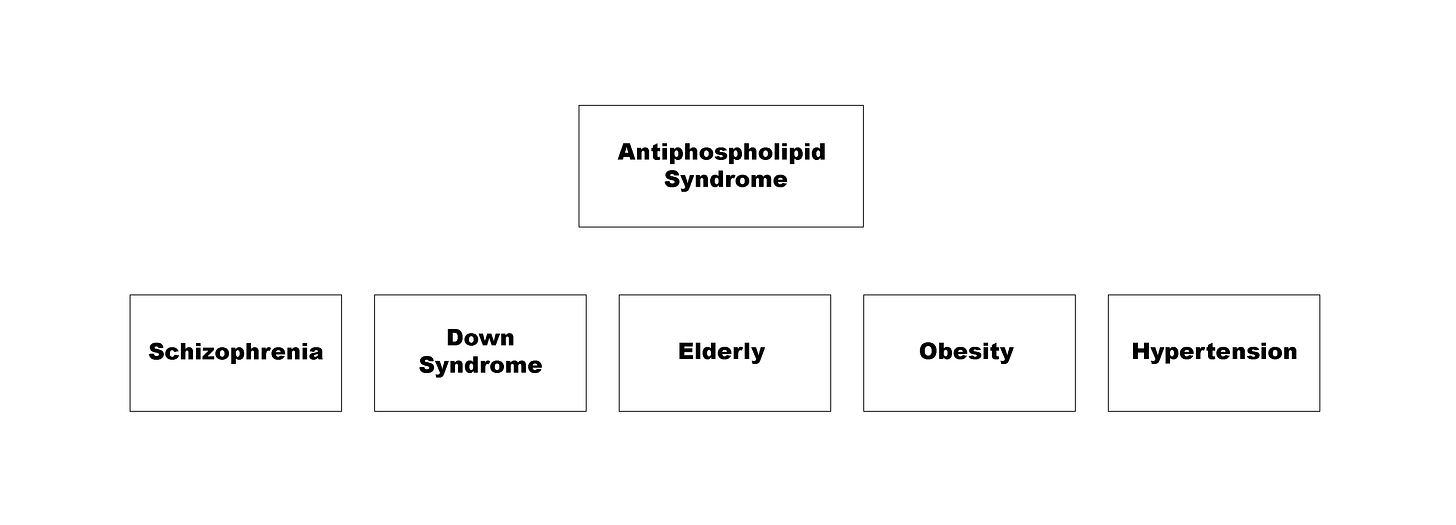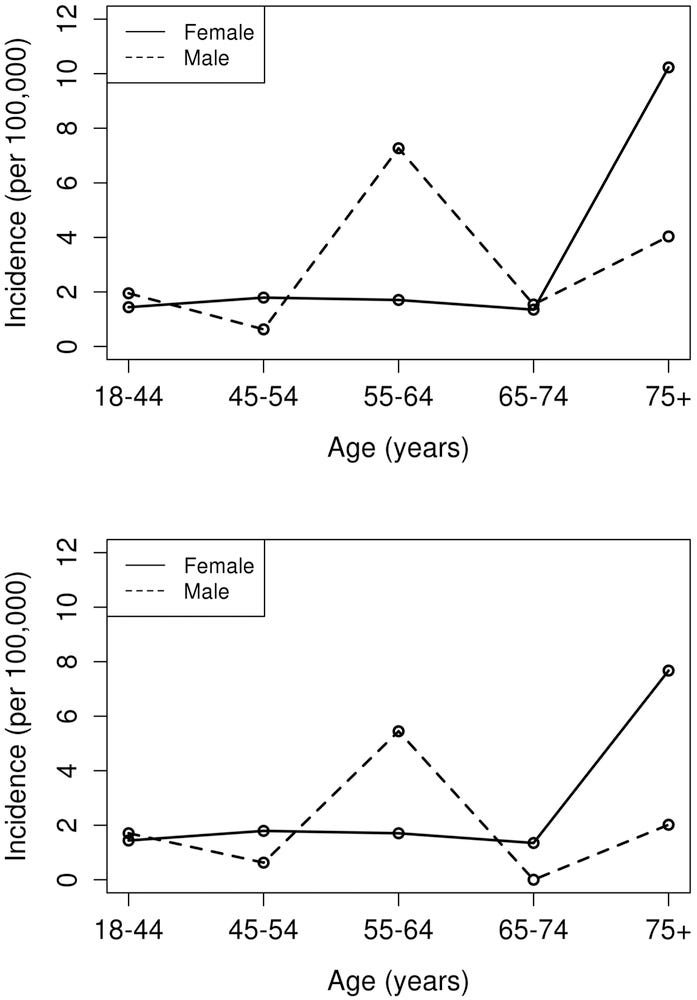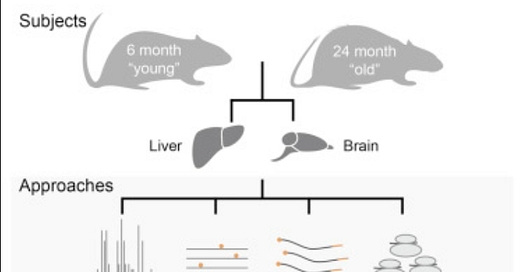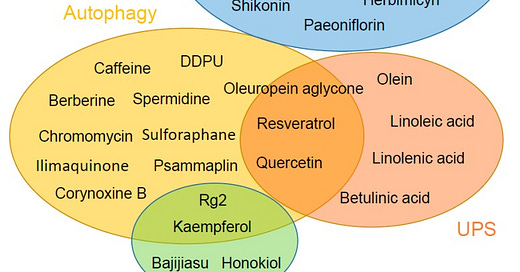
COVID-19: EXACERBATION AND INDUCTION OF ANTIPHOSPHOLIPID SYNDROME
Is a previously rare autoimmune disorder the foundation of COVID-19 pathology?
INTRODUCTION
I have long believed that Catastrophic Antiphospholipid Syndrome (CAPS) is the ultimate fate of those who perish from SARS-CoV-2. Indeed, I have serious concerns that repeated exposure to the virus and its proteins may eventually induce CAPS or Antiphospholipid Syndrome.
A case report from July of 2021 piqued my interest, as it confirmed my early hypothesis.
Catastrophic APS (CAPS) is a severe manifestation of APS. COVID-19 may have an intense hypercoagulable state in critically ill patients. SARS-CoV2 may potentiate pathogenic APS effects, including the activation of endothelial cells, monocytes, platelets, and complement, resulting in a proinflammatory state and prothrombotic events. The endothelial tropism of SARS-CoV2 may also modify the clinical presentation of COVID-19 in susceptible individuals and trigger flares of underlying vascular diseases.
A Case Report of COVID-Associated Catastrophic Antiphospholipid Syndrome Successfully Treated with Eculizumab
https://www.dovepress.com/a-case-report-of-covid-associated-catastrophic-antiphospholipid-syndro-peer-reviewed-fulltext-article-JBM
Then, an editorial in Annals of the Rheumatic Diseases from August of 2021 further edified my hypothesis.
The similarities between APS/CAPS and COVID-19 are even more complex and intriguing as summarised in table 1. A proinflammatory environment that includes the activation of the complement system has been reported in all these conditions, although at different degrees. The involvement of several cell types playing a role in the coagulation cascade, such as platelets, monocytes and neutrophils, has been described which is closely associated with the proinflammatory and prothrombotic phenotypes. In particular, an endothelial perturbation is generally thought to be a common denominator in these diseases and several authors described it with the term ‘endothelitis’ in the COVID-19.
Antiphospholipid antibodies and COVID-19 thrombotic vasculopathy: one swallow does not make a summer
https://ard.bmj.com/content/80/9/1105.info
If we look at COVID from our current cruising altitude over two years into the disease, we can observe that all those who are most susceptible to severe disease and death have a distinct predilection for the presence of Antiphospholipid antibodies (aPL).
Let us look at each high-risk group.
HYPERTENSION
Hypertension is a common manifestation of antiphospholipid syndrome (APS). The positive finding of aPL in 8% of patients with essential hypertension, a frequency higher than that of the control population, deserves further studies in larger series to better explore the relationship between aPL and hypertension.
Antiphospholipid antibodies and hypertension
https://pubmed.ncbi.nlm.nih.gov/15540508/
OBESITY
This may explain why SOME obese patients are more at risk. Clearly, as 40% of Americans infected did not develop severe or fatal disease (upon initial infection(s) at least), simply “being obese” cannot be the exclusive risk factor.
Primary antiphospholipid antibody syndrome (PAPS) is present in 15.7% of obese patients with venous thromboembolism.
PAPS seems to be more frequent in overweight and obese patients. As PAPS patients showed significantly higher fibrinogen levels and as fibrinogen levels increased significantly according to the body weight of patients, an elevated inflammatory state in overweight and obese patients as a reason for the increased PAPS occurrence can be assumed.
Primary antiphospholipid antibody syndrome-one further aspect of thrombophilia in overweight and obese patients with venous thromboembolism
https://pubmed.ncbi.nlm.nih.gov/23671009/
ADVANCED AGE
A study from 2014 observed that Antiphospholipid Syndrome can manifest with late onset in the elderly. This can explain why this group is more at risk.
The mean age at diagnosis was 77 ± 6 years (67–84 years). Two patients had experienced frequent miscarriages. Five patients presented with deep venous thrombosis of the lower limb, one had venous thrombosis of the upper limb and brachiocephalic vein and another had a cerebral ischemic stroke. The antiphospholipid antibodies tests revealed the presence of significant amounts of anticardiolipin antibodies, 12 weeks apart, twice in four patients. The antibodies to β2-glycoprotein 1 were positive twice in two patients and lupus anticoagulant in one of these. In this report, we report on primary APS in the elderly, to discuss its prevalence and the clinical significance of positive antiphospholipid antibodies in subjects over the age of 65 years.
Late-onset primary antiphospholipid syndrome in the elderly: a report of seven cases
https://onlinelibrary.wiley.com/doi/10.1111/1756-185X.12494
AUTISM/LEARNING DISABILITIES
Now we come to the surprising groups of individuals who are more at risk. It has long been a puzzle as to why those with “learning disabilities” (autism) are more at risk. I believe this is no longer a mystery.
We found that levels of anti-cardiolipin, β2-glycoprotein 1, and anti-phosphoserine antibodies were elevated in children with ASD compared with age-matched TD and DD controls. Further, the increase in antibody levels was associated with more impaired behaviors reported by parents. This study provides the first evidence for elevated production of anti-phospholipid antibodies in young children with Autism Spectrum Disorder (ASD) and provides a unique avenue for future research into determining possible pathogenic mechanisms that may underlie some cases of ASD.
Increased Anti-Phospholipid Antibodies in Autism Spectrum Disorders
https://www.hindawi.com/journals/mi/2013/935608/
SCHIZOPHRENIA
Higher incidence of various autoimmune disorders was found in schizophrenia. In addition, an association between the presence of anti-phospholipid antibodies and schizophrenia or psychosis was previously described, mainly as case reports. Herein, we present a series of five patients diagnosed with both schizophrenia and anti-phospholipid syndrome and their characteristics along with a comprehensive review of the current available literature on the subject in an attempt to deepen our understanding of these disorders and their pathogenesis.
Anti-phospholipid syndrome associated with schizophrenia description of five patients and review of the literature
https://pubmed.ncbi.nlm.nih.gov/28102512/
And, those with Down Syndrome are extremely susceptible to severe and fatal COVID.
DOWN SYNDROME
Thirty-four patients (23%) had elevated IgG titers of aCL antibodies. Of these, five had Down syndrome (15%). Two presented with discoloration of the distal digits, and one each with thrombocytopenia, autoimmune hepatitis, and undifferentiated autoimmune disease. The mothers of two of the four individuals with available family history had experienced frequent miscarriages. An association may exist between Down syndrome and antiphospholipid antibodies, in particular an increased frequency of aCL antibodies. Screening patients with Down syndrome and certain clinical findings may prove useful.
Antiphospholipid Antibodies and Down Syndrome: A Case Series
https://journals.lww.com/jpho-online/Abstract/2002/10000/Antiphospholipid_Antibodies_and_Down_Syndrome__A.18.aspx
RETURN TO ADVANCED AGE
I would like to conclude this post with a graph. Please note the overwhelming increase in incidence of aPL in the elderly.
The Epidemiology of Antiphospholipid Syndrome. A Population-Based Study
https://www.ncbi.nlm.nih.gov/pmc/articles/PMC6717037/
















CAPS by any other name is SADS. The tests are not getting done to prove it in every case.
Outstanding work, again Walter. WOW. Passing this onto my primary care doctors and a friend whose daughter is a doctor and also treating post-jab and long hauls.